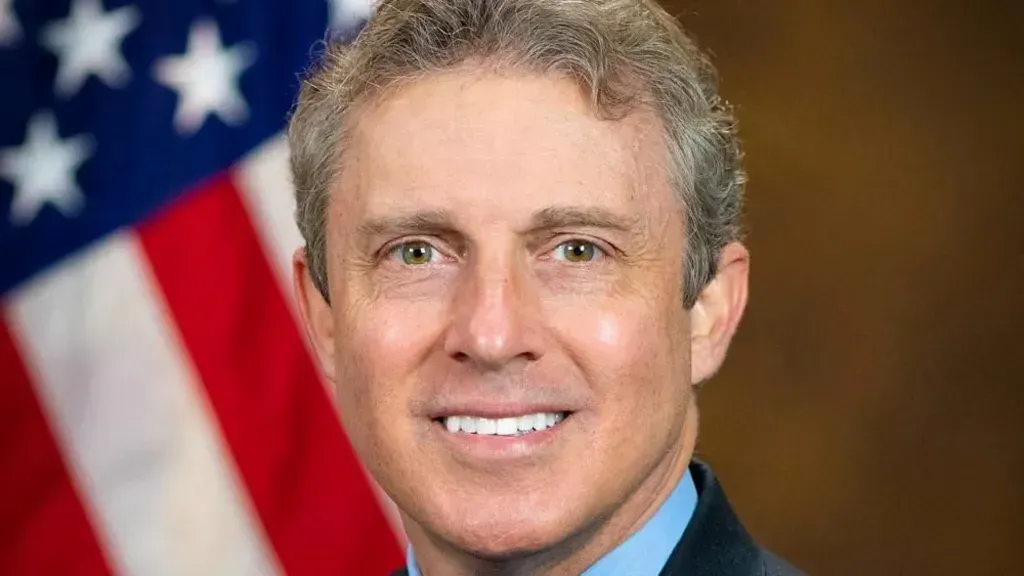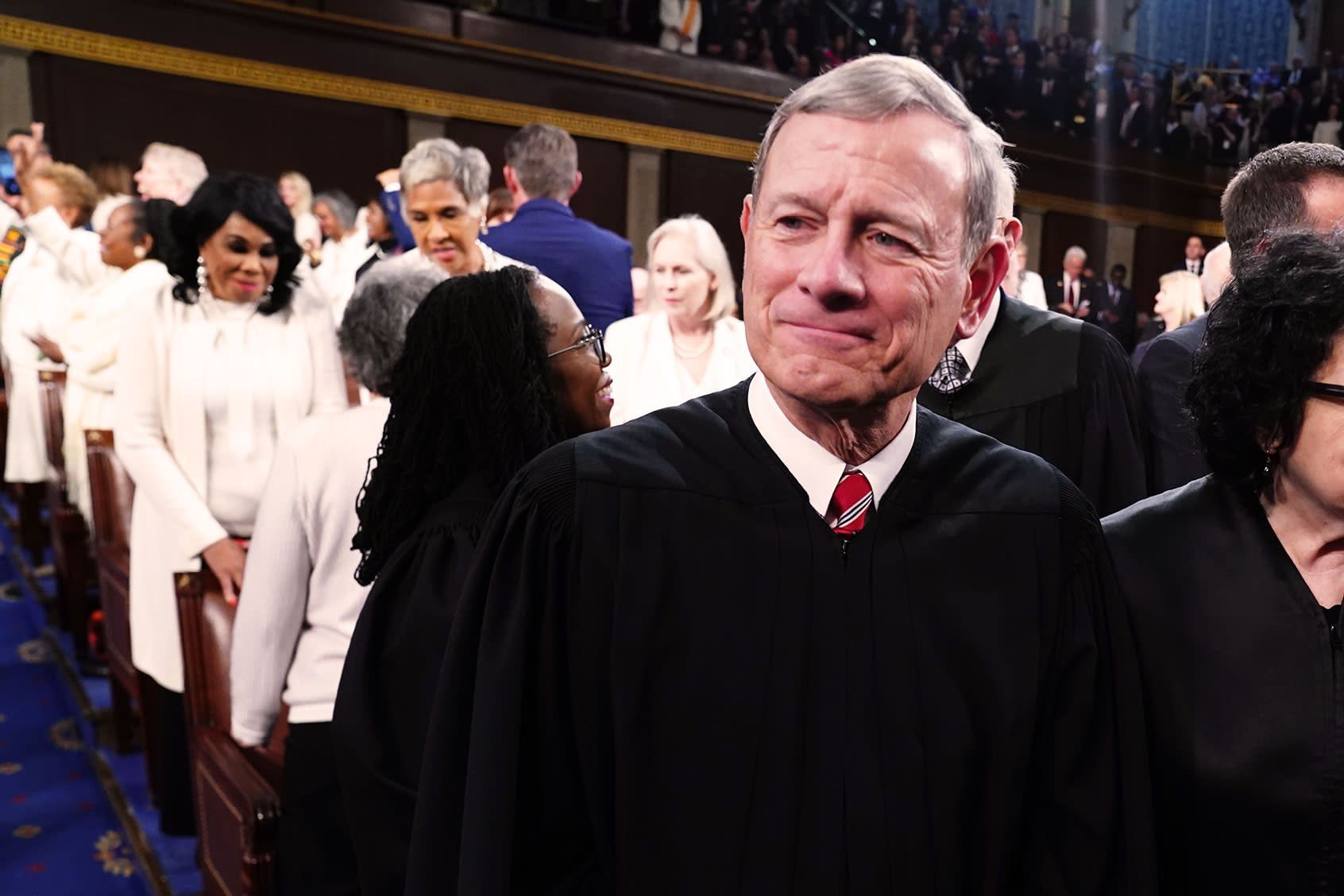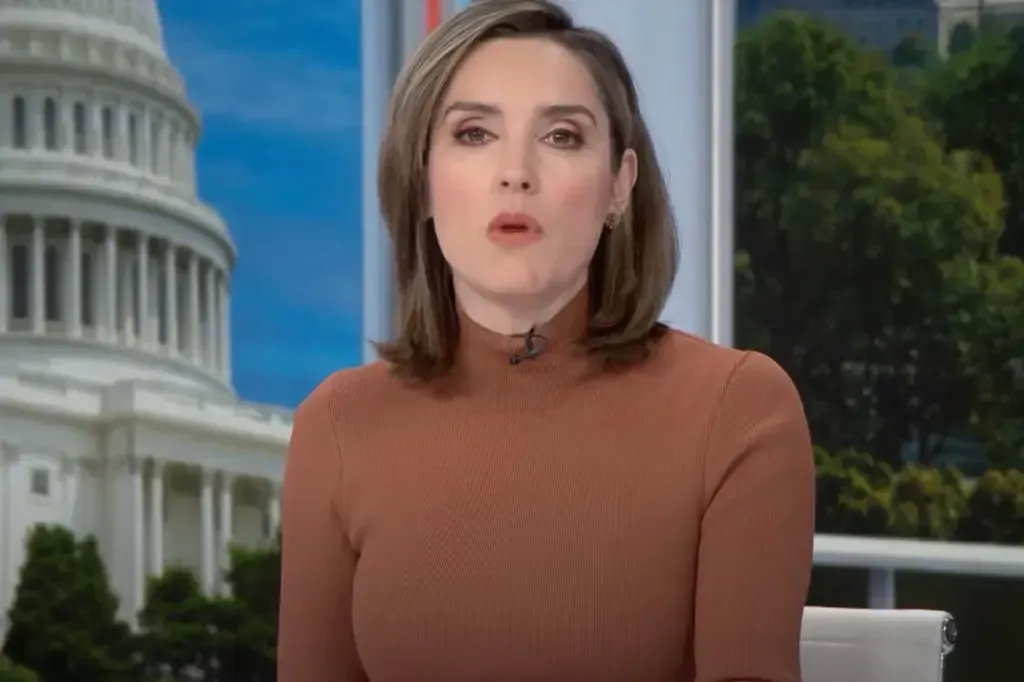In a significant legal confrontation, the Trump administration has petitioned the U.S. Supreme Court to sanction the dismissal of Hampton Dellinger, the head of the Office of Special Counsel (OSC), the federal agency responsible for safeguarding whistleblowers. This move follows a series of lower court rulings that temporarily reinstated Dellinger after his abrupt termination earlier this month.
Background: Dellinger's Termination and Legal Repercussions
On February 7, 2025, President Donald Trump dismissed Hampton Dellinger from his position as Special Counsel without citing specific reasons. Dellinger, appointed by former President Joe Biden, was set to serve a five-year term until 2029. In response to his termination, Dellinger filed a lawsuit challenging the legality of his removal, arguing that federal law permits his dismissal only for \"inefficiency, neglect of duty, or malfeasance in office.\" A federal judge subsequently issued a temporary restraining order on February 12, reinstating Dellinger pending further legal proceedings. The administration's appeal to the Supreme Court aims to overturn this order and affirm the President's authority to remove agency heads at will.
Legal Arguments and Implications
The Justice Department contends that the lower court's intervention represents an \"unprecedented assault on the separation of powers,\" asserting that judicial interference in executive decisions undermines presidential authority. Acting Solicitor General Sarah Harris emphasized in the filing that the President should not be compelled to retain an agency head against his will. Conversely, Dellinger's lawsuit maintains that his removal without cause contravenes statutory protections designed to ensure the OSC's independence, thereby jeopardizing the agency's mission to protect federal whistleblowers.
Broader Context and Potential Impact
This legal battle is emblematic of the ongoing tension between the executive branch and independent federal agencies. The outcome of this case could set a precedent regarding the extent of presidential power over independent watchdogs and the protections afforded to officials tasked with overseeing government integrity. Legal experts suggest that a Supreme Court ruling in favor of the administration may embolden future efforts to remove independent agency heads without cause, potentially impacting the autonomy of agencies designed to operate free from political influence.
As the situation develops, stakeholders and observers await the Supreme Court's decision, which will have profound implications for the balance of power between the executive branch and independent federal agencies.



